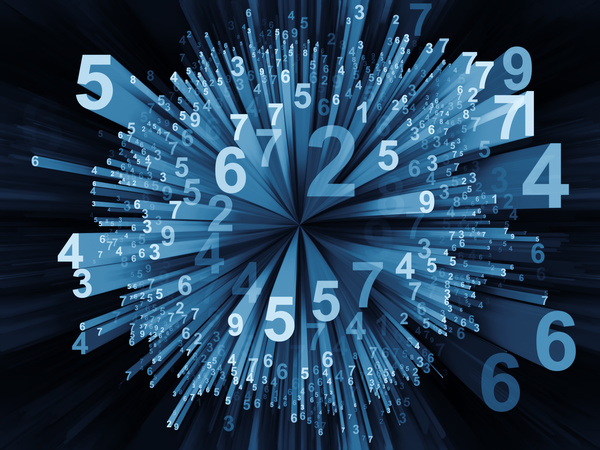How many things do you know about digits sum?
 There exists a natural number
such that
and
, where
is the sum of digits of
?
There exists a natural number
such that
and
, where
is the sum of digits of
?
This section requires Javascript.
You are seeing this because something didn't load right. We suggest you, (a) try
refreshing the page, (b) enabling javascript if it is disabled on your browser and,
finally, (c)
loading the
non-javascript version of this page
. We're sorry about the hassle.
Let n = 1 0 2 0 + 1 0 2 1 + . . . + 1 0 2 9 . Then s ( n ) = 1 0 and n 2 = 1 0 2 1 + 1 0 2 2 + . . . + 1 0 2 1 0 + 2 ⋅ 1 0 2 0 + 2 1 + 2 ⋅ 1 0 2 0 + 2 2 + . . . + 2 ⋅ 1 0 2 8 + 2 9 . It is easy to see that s ( n 2 ) = 1 0 ⋅ 1 + 2 1 0 ⋅ 9 ⋅ 2 = 1 0 0 .